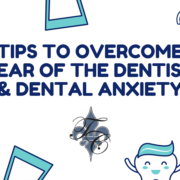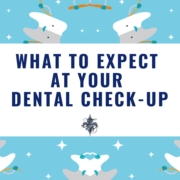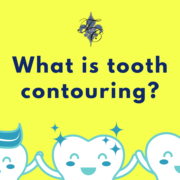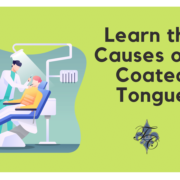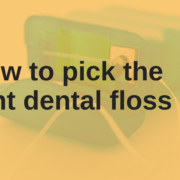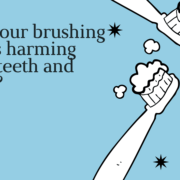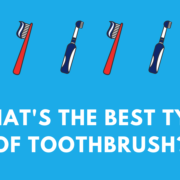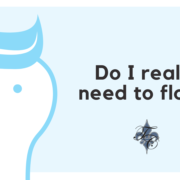Is over brushing your teeth possible?
Have you ever heard of “toothbrush abrasion?” If you think that sounds like a complicated way to say “you’re brushing too hard,” you’d be right! Proper brushing technique is very easy, but a lot of us put way too much force into it. It is possible to have too much of a good thing!
From our experienced dentist Dr. Tim Chauvin in Lafayette, Louisiana, here’s what you need to know about brushing habits.
Are you over brushing?
Most people don’t even realize that they’re over-brushing. Here are some tips for proper brushing technique:
- Don’t think of toothbrushing as scrubbing, think of it as massaging
- Use a soft bristle brush (that you change out as soon as the bristles fray or become discolored, usually around 3-4 months, although some dentists recommend changing your brush every four weeks)
- Have the bristles at a 45 degree angle from the gums, and if the bristles splay out, you’re applying too much pressure
- Make small, circular motions – instead of just moving back and forth
- Brush for a full two minutes
Many people don’t actually brush for this long, trying to compensate for the shortened time by applying more pressure. This does not work. In fact, brushing too hard can cause the following:
- Wearing down the enamel of the teeth – ultimately resulting in sensitive teeth
- Receding gums (which open the door to things like periodontal disease, cavities on the roots, etc)
- Other damage to the tooth structure
In reality, plaque is very soft and could be removed with a rag! However, with all of the nooks and crannies in our teeth, it would be impossible to completely clean the surface, which is why we need toothbrushes.
How does over brushing damage the teeth?
If you were to take a new toothbrush and look at it under a microscope, you’d see that the nylon bristles (which have sharp jagged edges normally) have been rounded at the ends. This makes them way less abrasive. Over time, those rounded edges are worn away. Between those jagged edges, and the extra pressure, you are essentially sanding down your teeth. That’s why it’s so important to replace your brush often and use minimal pressure.
Contact Dr. Chauvin’s dental office in Lafayette today
Our teeth do not heal. The enamel does not grow back. If your teeth get damaged, a dentist is the only person that can fix it. That’s why it’s so important to take proper care of your teeth, and to maintain regular dental check-ups. A dentist will notice if problems start to develop long before they get serious, as long as you see them when you’re supposed to. So come in for an exam and let’s make sure everything is on the up and up!

